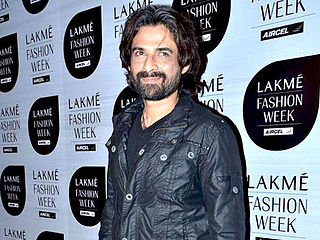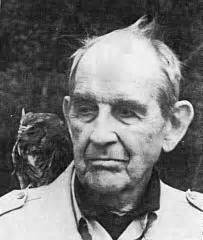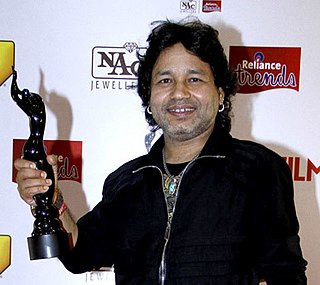A Quote by Saba Qamar
It is everyone's story. We are ashamed of our native language, be it Punjabi or Urdu. If you make mistakes while speaking your native languages, no one will say anything. But if you say one word incorrect in English, people will treat it like a crime.
Related Quotes
I have a funny relationship to language. When I came to California when I was three I spoke Urdu fluently and I didn't speak a word of English. Within a few months I lost all my Urdu and spoke only English and then I learned Urdu all over again when I was nine. Urdu is my first language but it's not as good as my English and it's sort of become my third language. English is my best language but was the second language I learned.
Writing in African languages became a topic of discussion in conferences, in schools, in classrooms; the issue is always being raised - so it's no longer "in the closet," as it were. It's part of the discussion going on about the future of African literature. The same questions are there in Native American languages, they're there in native Canadian languages, they're there is some marginalized European languages, like say, Irish. So what I thought was just an African problem or issue is actually a global phenomenon about relationships of power between languages and cultures.
When I was quite young I fondly imagined that all foreign languages were codes for English. I thought that "hat," say, was the real and actual name of the thing, but that people in other countries, who obstinately persisted in speaking the code of their forefathers, might use the word "ibu," say, to designate not merely the concept hat, but the English word "hat." I knew only one foreign word, "oui," and since it had three letters as did the word for which it was a code, it seemed, touchingly enough, to confirm my theory.
Native speakers of a language know intuitively whether a sentence is grammatical or not. They usually cannot specify exactly what is wrong, and very possibly they make the same mistakes in their own speech, but they know-unconsciously, not as a set of rules they learned in school-when a sentence is incorrect.
I don't understand why people never say what they mean. It's like the immigrants who come to a country and learn the language but are completely baffled by idioms. (Seriously, how could anyone who isn't a native English speaker 'get the picture,' so to speak, and not assume it has something to do with a photo or a painting?)
English general and singular terms, identity, quantification, and the whole bag of ontological tricks may be correlated with elements of the native language in any of various mutually incompatible ways, each compatible with all possible linguistic data, and none preferable to another save as favored by a rationalization of the native language that is simple and natural to us.
An important United Nations environmental conference went past 6:00 in the evening when the interpreters' contracted working conditions said they could leave. They left, abandoning the delegates unable to talk to each other in their native languages. The French head of the committee, who had insisted on speaking only in French throughout the week suddenly demonstrated the ability to speak excellent English with English-speaking delegates.
Lawyers on TV always tell their clients not to say anything. The cops say that thing: 'Anything you say will be used against you.' Self-incrimination. I looked it up. Three-point vocab word. So why does everyone makes such a big hairy deal about me not talking? Maybe I don't want to incriminate myself. Maybe I don't like the sound of my voice. Maybe I don't have anything to say.
One of the nice things about the United States is that, wherever you go, people speak the same language. So native New Yorkers can move to San Francisco, Houston, or Milwaukee and still understand and be understood by everyone they meet. Right? Well, not exactly. Or, as a native New Yorker might put it, 'Wrong!'
I don't follow anything blindly. I have to know the entire thing, if I have to get in to it. It might sound funny to you, but it's like using English language. I use an English word only when I know its meaning and understand its connotation. You won't hear me say, 'What's up, dude' or anything like that just for the heck of it.




































